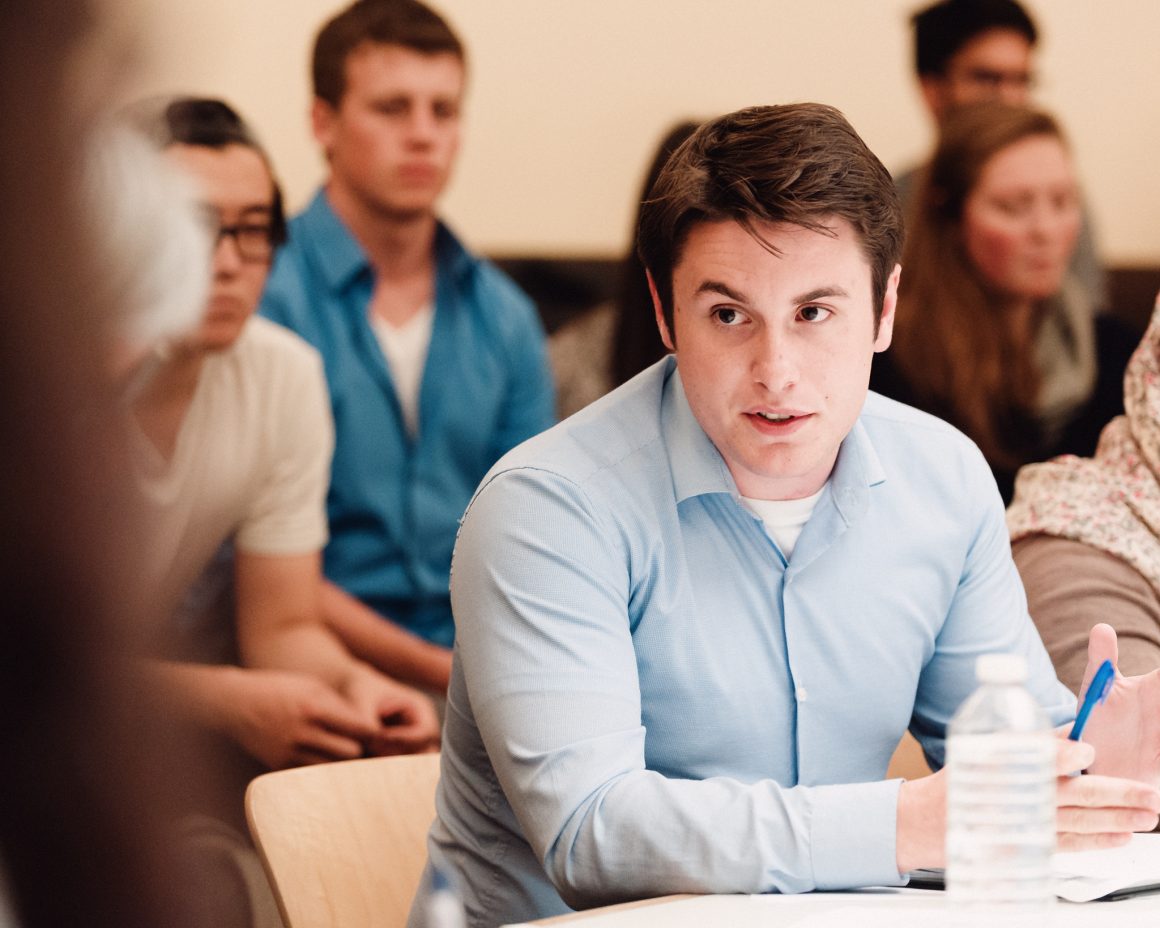
Rise Up! Why a student political party is a great advocacy idea
By Tina Shaygan, April 25 2017 —
At a recent Gauntlet-hosted panel “Organize: How students can get involved, know the issues and give a shit about the 2017 Calgary Municipal election,” panelist Helen Pike, a Metro News reporter, suggested that one way for students to get involved with the election is to actually run as candidates themselves.
Pike’s comment led to a discussion of the barriers for students who want to run in elections, the biggest being financing their campaigns.
Levi Nilson, a former University of Calgary Students’ Union president and one of the panelists, said he had come up with an idea during his term as SU vice-president external to create a student-led political party that would provide campaign support for candidates in municipal, provincial and federal elections. The goal was to get student voices into government. He said this idea was quickly shut down by other student leaders.
But this is honestly the best idea any student leader has ever had.
Sure, student lobbying through umbrella groups like Canadian Alliance of Student Associations and Council of Alberta University Students can be effective. But bringing actual student voices to government through running student candidates opens a whole new world of possibilities.
Issues important to students — like secondary suites — have plagued Calgary City Council for years. With four city councillors not running for re-election in 2017, this year is the perfect opportunity to fill those seats with candidates that care about student issues.
As it was pointed out during the panel, running in an election requires campaign teams, as well as time and money that most students don’t have. Providing support resources to candidates with similar goals and platforms is one of the main reasons political parties exist. But existing political parties at the federal and provincial level are often hesitant to run younger, less experienced candidates. And the lack of political parties at the city level makes it even more difficult for these candidates to organize campaign teams and manage finances. But it doesn’t mean political parties at municipal levels can’t exist, as some already do, for example in Vancouver. A multi-level organization intended to support student candidates and bring student issues to elections would be beneficial at all levels of government.
Getting students elected ensures student voices are present behind closed doors. It would take lobbying from the outside to the inside of political offices. However, serving as a viable choice on the ballot as an independent candidate — and actually winning — is virtually impossible in Canada at the provincial and federal level. And many students are not in a place to support independent candidates at the municipal level. Students need an organization to support them as candidates in bringing student issues to every level of government. At the very least, student party-supported candidates could pressure other parties and candidates to bring more publicity to issues impacting students.
Student issues aren’t exclusive to those aged 18–24 attending post-secondary. Families with high school students pursuing post-secondary should care. Adults looking to return back to school should care. Ultimately, high quality, accessible and affordable education benefits society. If the government is unwilling to listen to student lobbyists regarding their issues, it’s time to play the game differently.
Issues at the provincial level such as government funding and market modifiers, as well as secondary suites at the municipal level show that student lobbying is effective only to a certain extent. Despite students’ best efforts, market modifiers passed with ease in 2015 with the then-Progressive Conservative government. Secondary suites legalization is still an ongoing — and embarrassing — issue in Calgary City Council. Just a few more voices on Council could make a difference. An organized party could help get students there.
I’m not saying student candidates would definitely get elected. But at least they’ll be a bigger voice as candidates supported by a party system. And that can’t be a bad thing. It’s time for students to re-imagine the possibilities and try something different.
